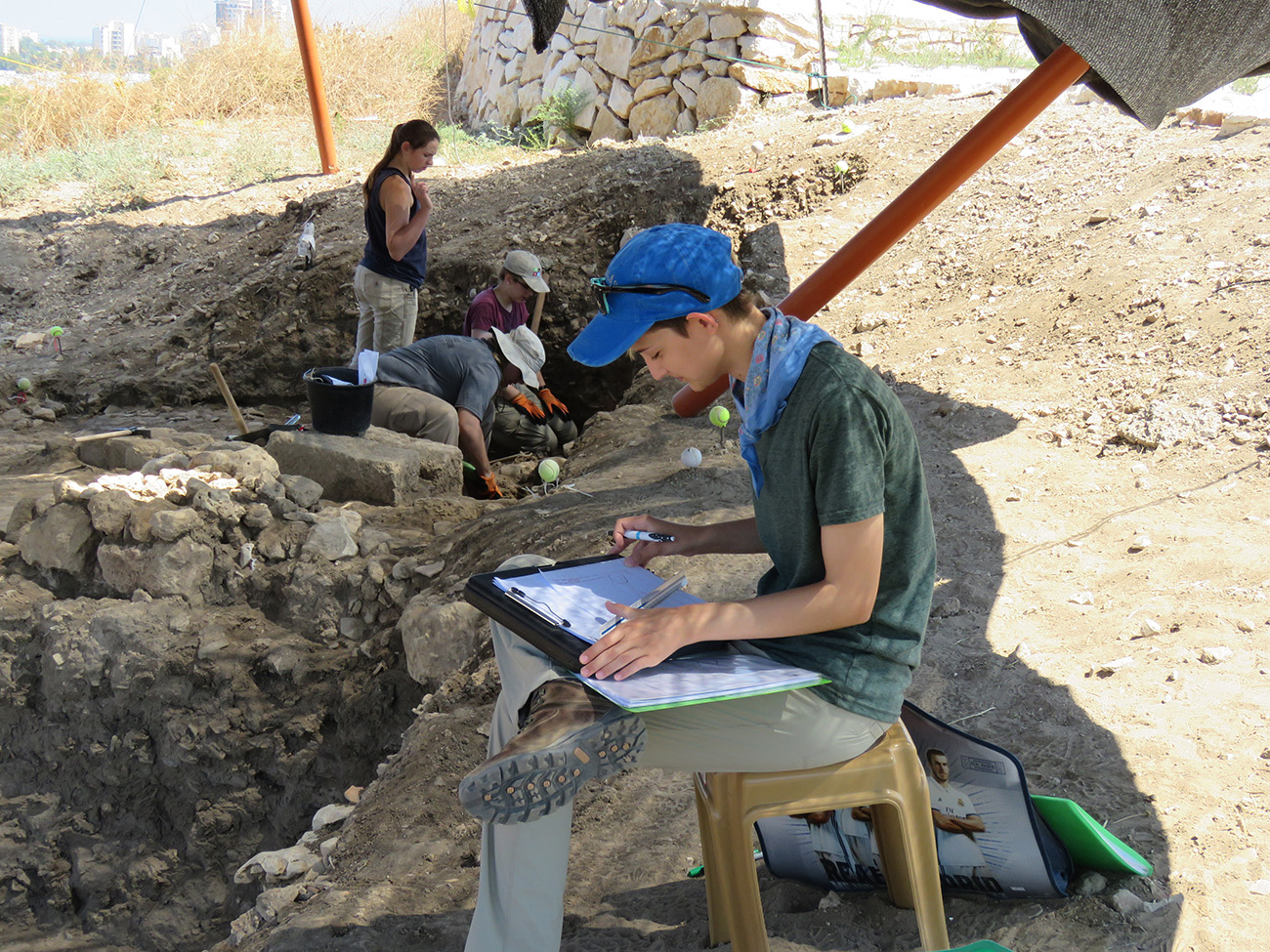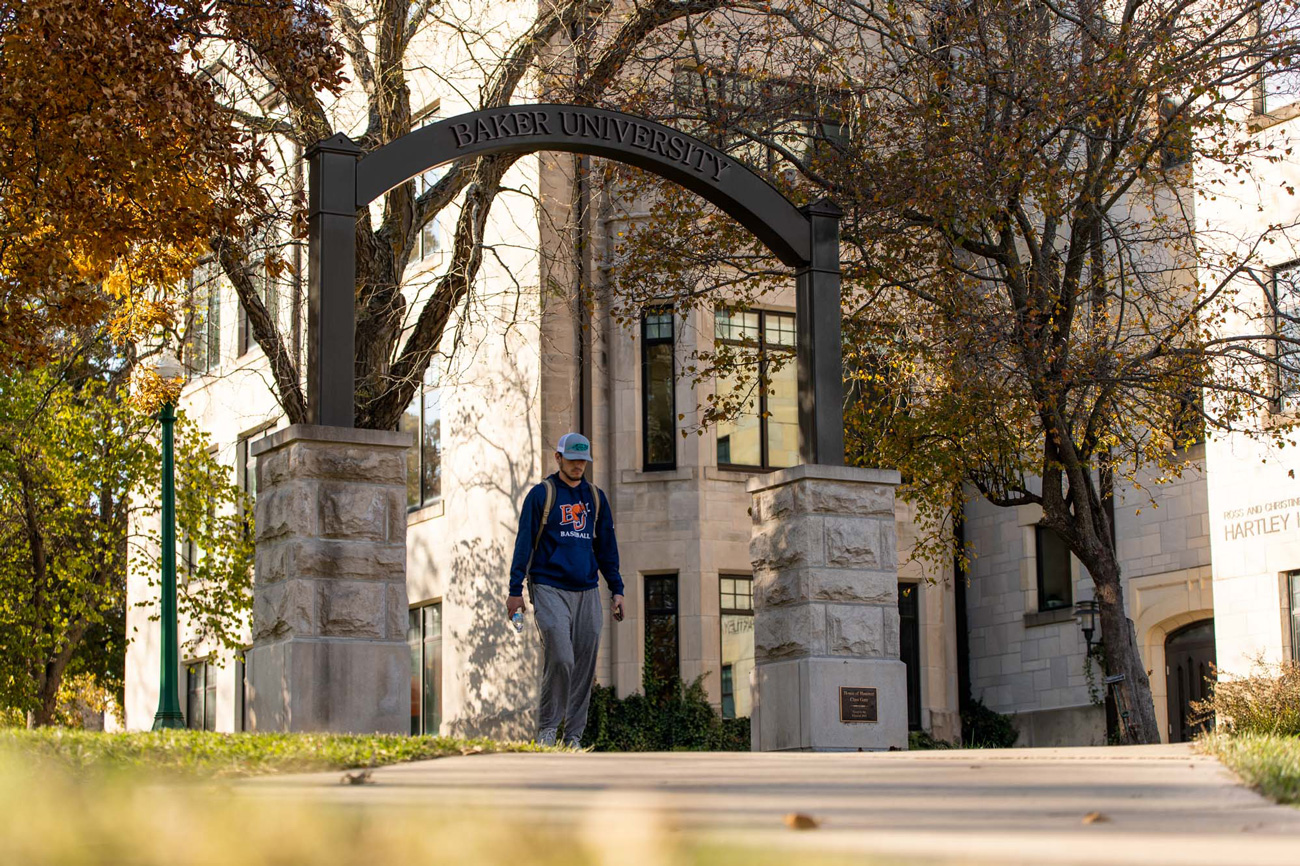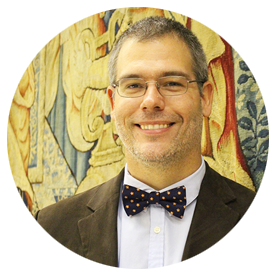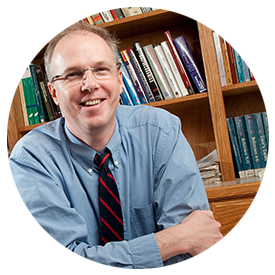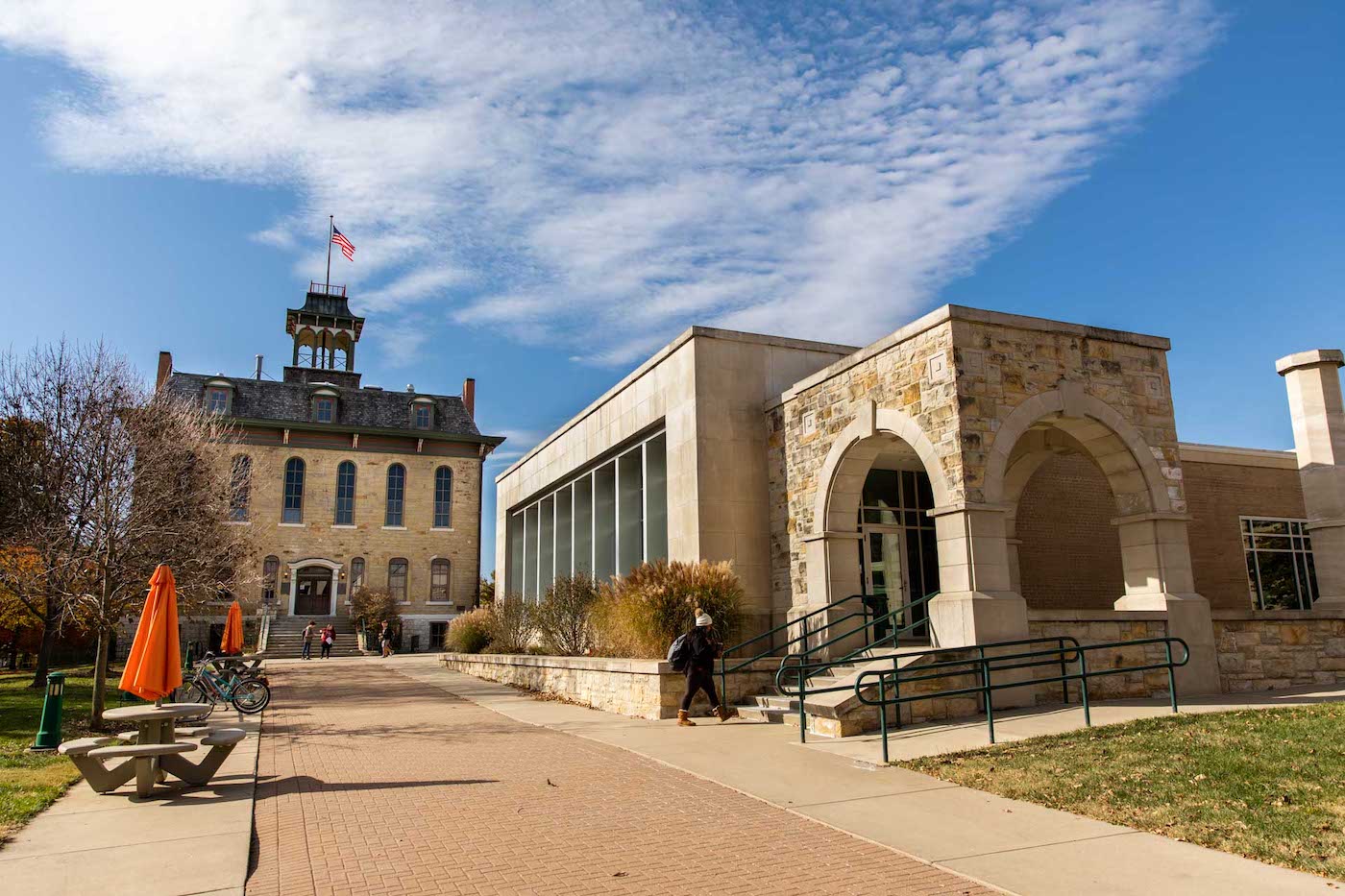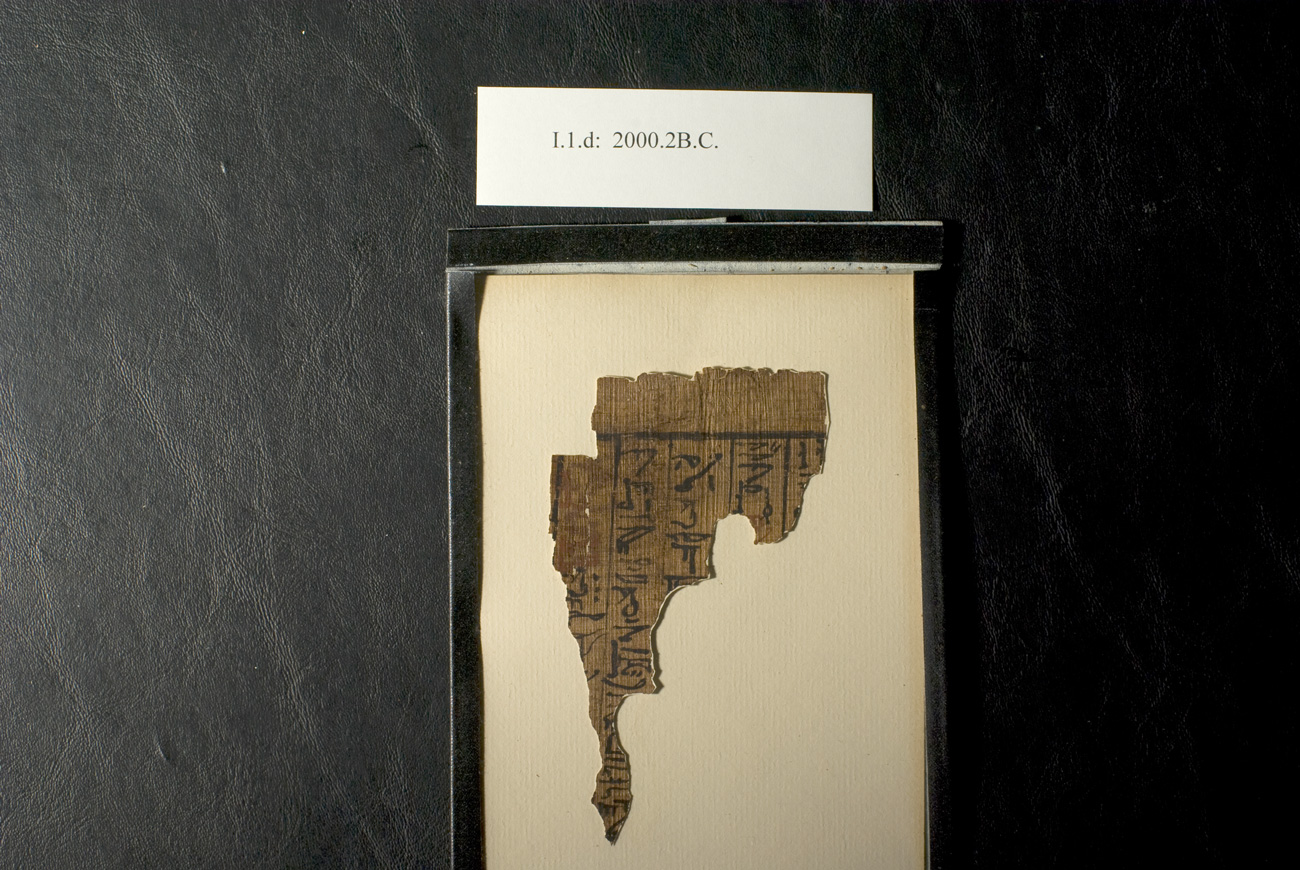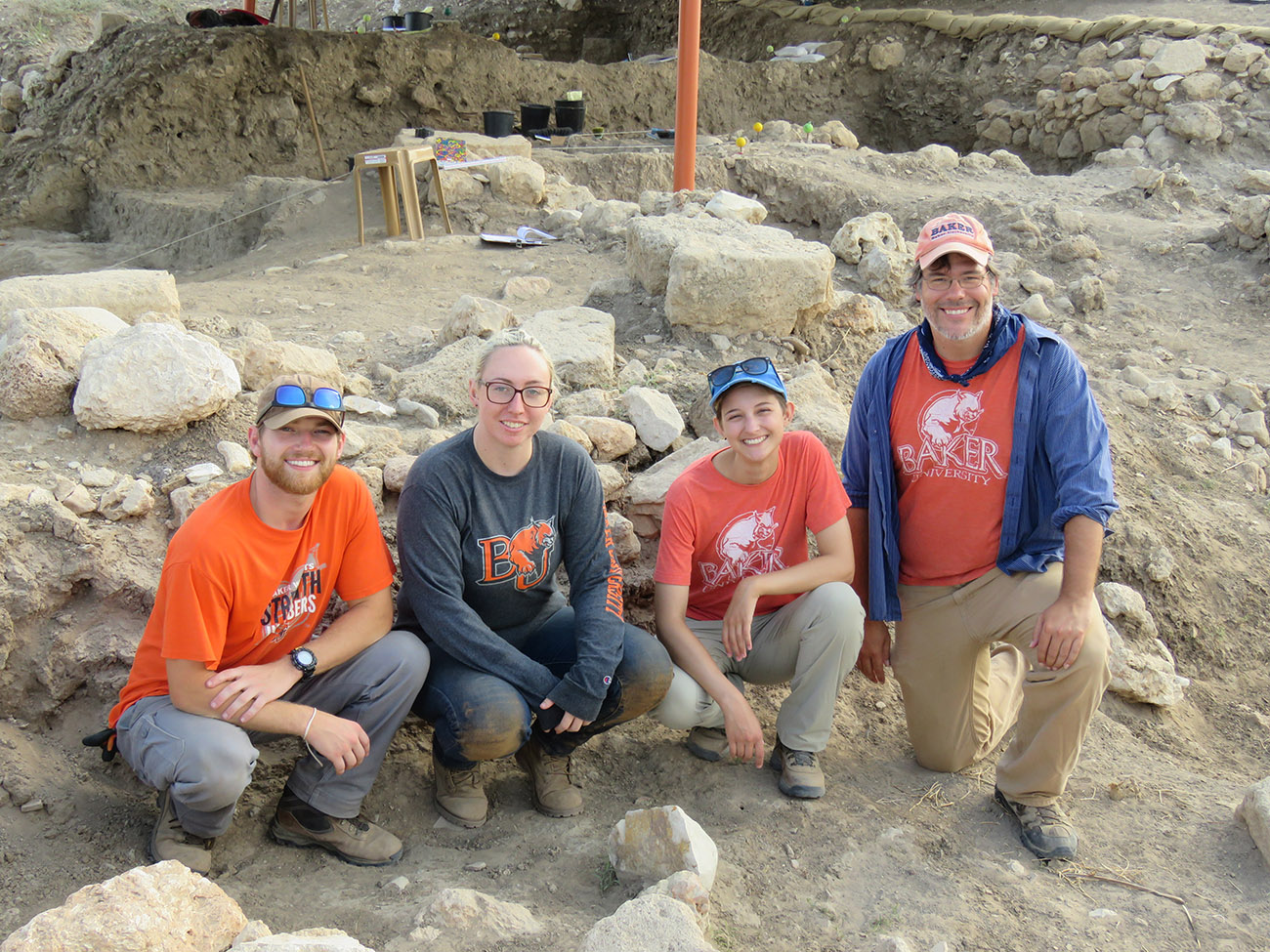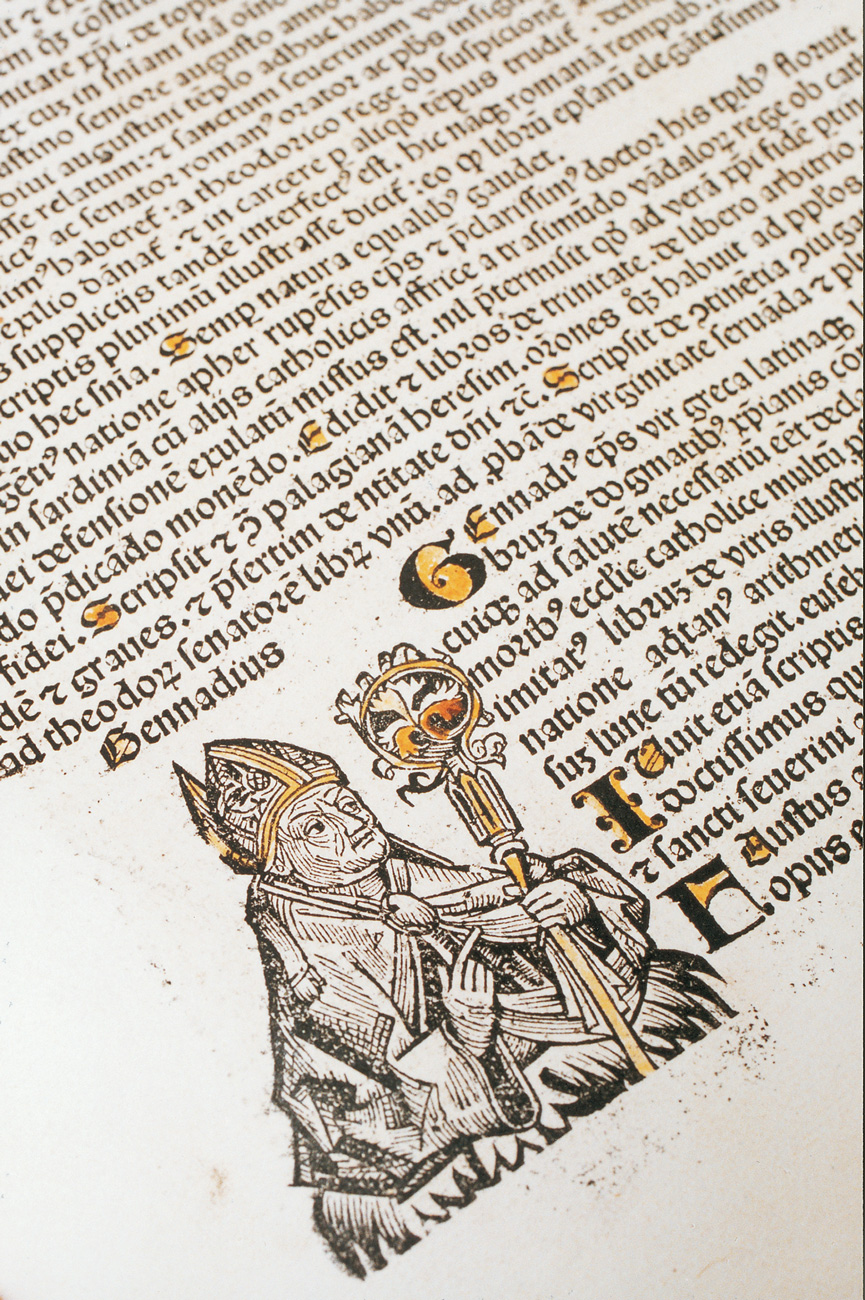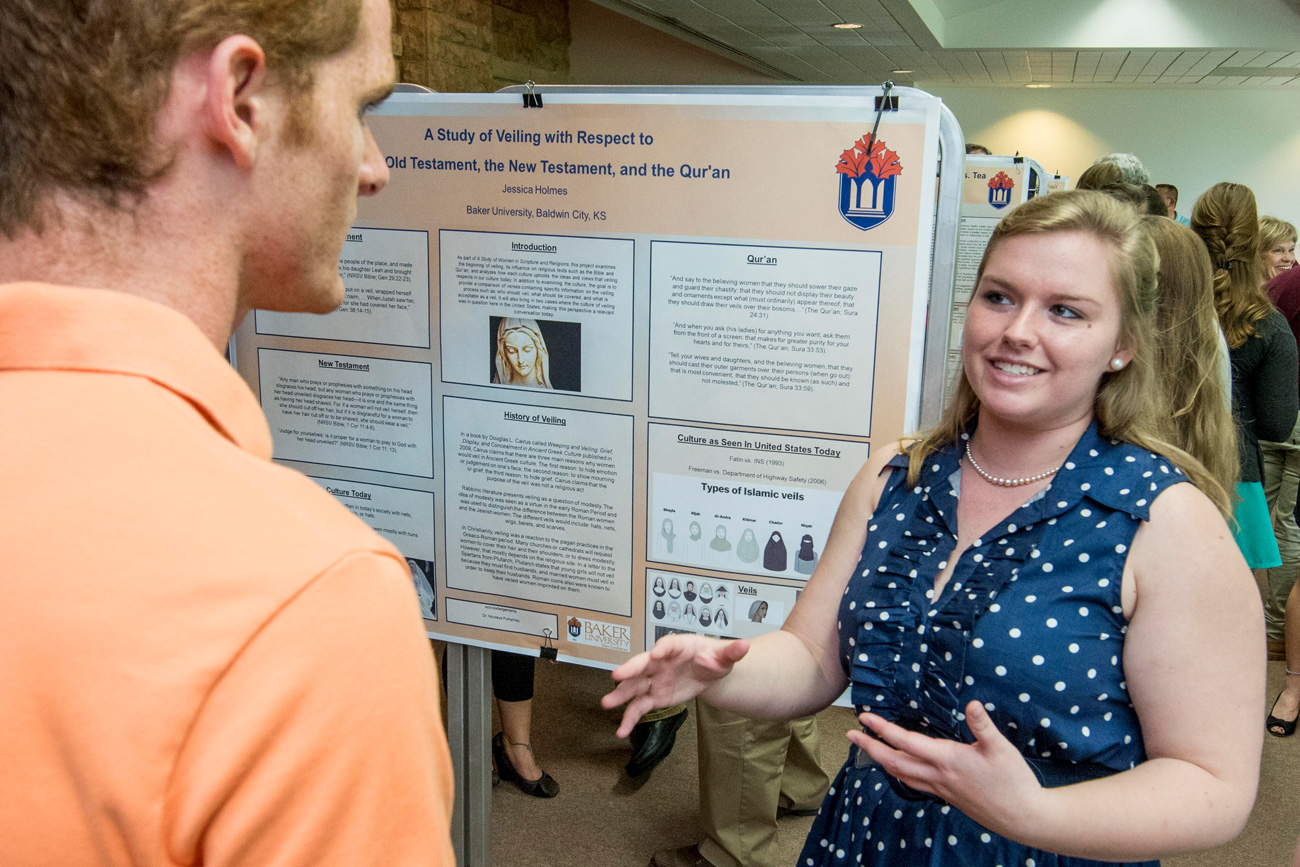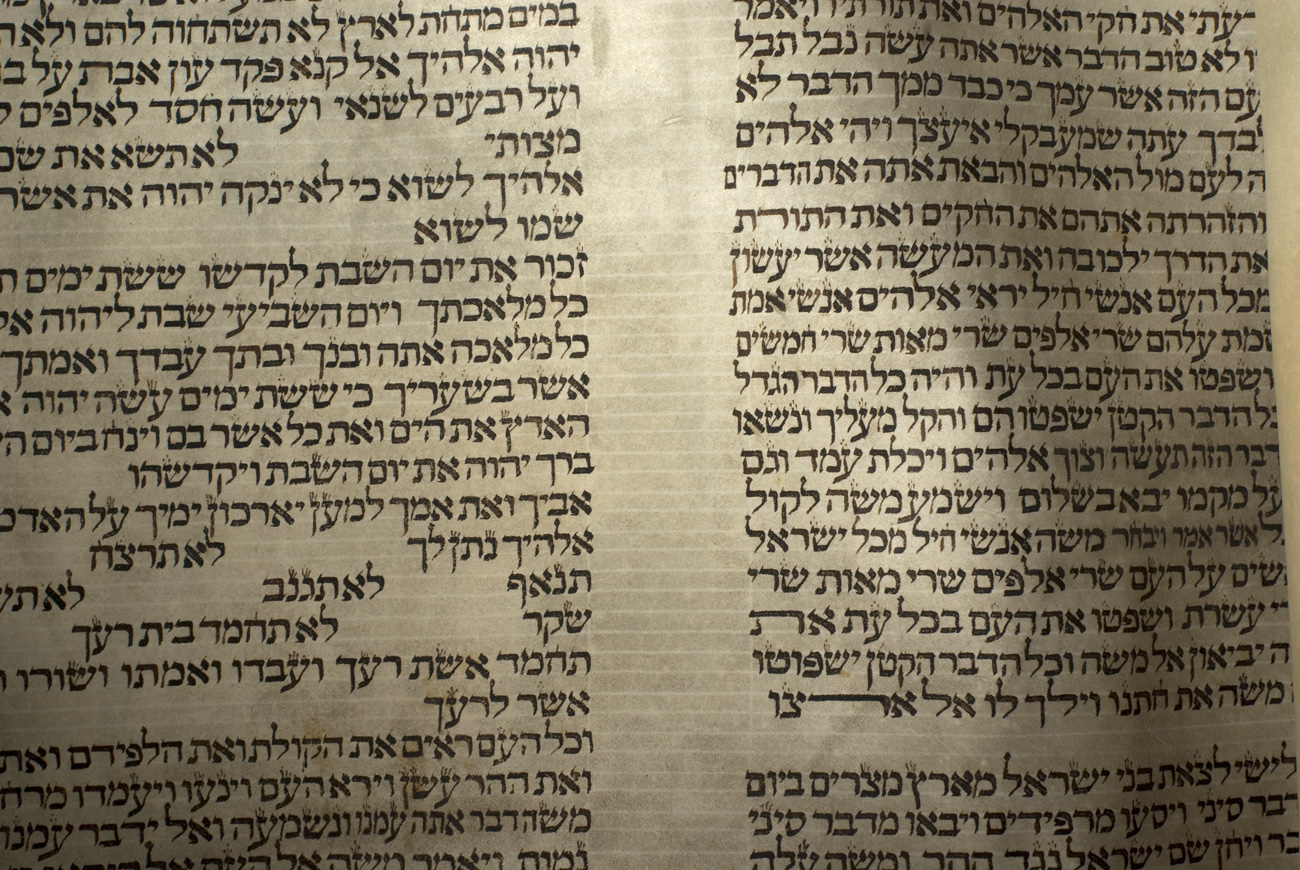RE 101 – Introduction to World Religions 3 hrs.
The course explores the basic beliefs, practices, institutions, and cultural achievements associated with some of the world’s major religious traditions. The course serves as an introduction to historical and comparative religious theories and methods. The main focus of the course is the five world religions that are generally considered major – Judaism, Christianity, Islam, Hinduism, and Buddhism. However, focus will be given to other religious perspectives that influence the religions in different areas.
RE 110 – Introduction to the Old Testament/Hebrew Bible 3 hrs.
In this course, students will be introduced to the text known as the Old Testament (Christianity) and the Tanak (Judaism), which is the foundational religious and historical document for Ancient Israel. The examination will include close textual readings, critical historical issues, and modern ideological readings of the text. The course will examine the text in three major groupings: the Torah, the writings, and the prophets.
RE 120 – Introduction to the New Testament 3 hrs.
The purpose of this course is to give a general outline and introduction to the Christian Scriptures called the New Testament. The course will survey the general academic methods that scholars use to analyze these texts and the historical background of the texts. Students are expected to be able to analyze scholarly arguments as well as critical methods applied to the text, regardless of their own religious traditions.
RE 140 – Introduction to the Qur’an 3 hrs.
The purpose of this course is to examine the history and interpretation of the Qur’an. This course will specifically look at the context in which the Qur’an was recited and see how that influences the interpretation of the text. The course will also examine the history of the Qur’an from its beginnings in Mecca and Medina to how it is perceived in the world today. The course will involve close critical readings of the text, as well as an examination of scholarly opinion about the Qur’an.
RE 239 – Philosophy of Religion 3 hrs.
This course consists of the study of the major problems in the philosophy of religion, including the problem of evil, proofs for the existence of God, proofs for the immortality of the soul, the relation between faith and reason, the meaning of religious language, the relation of religion and ethics, and the nature of religious experience. (Cross-listed as PH 239.)
RE 240 – Theories of Religion: Gender, Power, and Race 3 hrs.
The purpose of this course is to introduce students to the various methods and theories in which people examine, approach, and study religion, especially issues of gender, power, and race. For the most part, the course will examine the “modern” and “post-modern” theories of religion. The course will be primarily discussion-based and will require students to read the material in preparation of discussing the issues in class.
RE 245 – Hinduism 3 hrs.
The purpose of this course is to introduce students to the diverse history of Hinduism as well as its texts, holidays, and beliefs. The course will also focus on special topics in Hinduism such as its pantheistic theology, reincarnation, and the caste system. Two weeks of the course will also focus on the life and philosophy of Mahatma Gandhi.
RE 250 – Buddhism 3 hrs.
The purpose of this course is to examine the history, texts, and religious beliefs of one of the world’s largest religions. The course will focus on the various divisions of Buddhism and how the historical context of the adherents changes the basic beliefs. The course will end with a discussion of Buddhism as an American religion.
RE 255 – Judaism 3 hrs.
The purpose of this class is to examine the history of Judaism and to understand that the religion changes based on its historical context. Students will read various texts from the different time periods and contexts, including the Bible. Finally, the students will examine the beliefs and holidays that are added and changed based on the Jewish diaspora.
RE 260 – Islam 3 hrs.
This course focuses on the history of Islam and the diversity of Muslims both past and present. Students will examine the Qur’an as well as the various rituals, doctrines, and holidays of the different sects of Islam. Contemporary issues will be discussed such as gender and sexuality, Islam in America, and Islam post-9/11.
RE 328 – History of Christianity 3 hrs.
This course on the history of Christianity will examine its early development until the fall of Constantinople in 1453. Students will analyze the history and traditions of Christianity and will have the option to further explore issues such as: the divinity of Jesus, heresy, gender and sexuality in Christianity, and early theologians. This course will have several required readings where students will engage with the texts written by early Christians. (Cross-listed as HI 328.)
RE 329 – Modern Christianity 3 hrs.
The purpose of this course is to examine the Protestant Reformation, the response by the Catholic Church, and its spread throughout the world. As a result, this class will focus on several major Christian thinkers and theologians as well as various historical events. The class will end with a discussion of Christianity in the Americas and how it has developed and changed as a result of its new context. This will include the creation of new movements such as Mormonism, the Seventh Day Adventist Church, and the Jehovah’s Witnesses. (Cross-listed as HI 329.)
RE 335 – History and Archaeology of Ancient Israel 3 hrs.
The purpose of this course is to introduce students to the problems of historiography and archaeology while examining a site like ancient Israel. The class will focus mainly on textual data as well as archaeological data, with students learning to critically analyze each. The course will also examine the politics of archaeology and how archaeologists frequently come from colonizing nations.
RE 340 – Critical Response to the Holocaust 3 hrs.
This course examines the Holocaust, or mass murder of European Jews and other ethnic groups, beginning with its context in modern European history and ending with testimony of survivors and the question of “Holocaust denial.” The approach is primarily historical, but theological questions are raised.
RE 345 – Judaism, Christianity, and Islam 3 hrs.
How Judaism, Christianity, and Islam have influenced one another’s development will be the focus of this course. Attention will be given to similarities and differences in theological concepts and religious practices. Also included will be an in-depth analysis of how relationships between these traditions influence contemporary world events. By successfully completing this course, students will be better able to engage in interfaith dialogue and participate in international study programs.
RE 355 – Mesopotamian History and Religion 3 hrs.
The purpose of this course is twofold: 1) for students to examine the history of Mesopotamia, and 2) to examine the religious development that resulted from that history. The course will focus on various different religious texts and mythologies that students will critically analyze. Since the course will cover 2000 years of history, only the most important and religiously relevant issues will be highlighted. (Cross-listed as HI 355.)
RE 363 – Religion, Ritual, and Belief 3 hrs.
This course examines major contributions of the social scientist to the study of religious institutions, the various forms and social functions of religion, the structure of religious behavior and organization, and the relation between religious institutions and other social institutions. Prerequisite: Six credit hours in sociology or permission of instructor. (Cross-listed as SO 363.)
RE 365 – The Mediterranean in the Middle Ages, 1000-1500 CE 3 hrs.
This course examines the principal historical questions arising from the Crusading era and its impact on the Mediterranean world, particularly with respect to the Commercial Revolution (ca. 1000-1500 CE). Among the topics considered will be the Crusades themselves (definitions, origins, sequence, and consequences), and how they affected the Byzantine Empire, the Islamic States of Western Asia and North Africa, and European society. (Cross-listed as HI 365.)
RE 400 – The Museum and the Bible 3 hrs.
This course will examine three major mediums in which the Bible is displayed: artistic influence, illuminated text, and as artifact. To do this, we first need to examine the concept of the museum as well as the basic definition of the Bible. Through various contexts and exhibits (permanent and travelling), we will examine how the perceptions of the history of the Bible, as well as its influence on culture, is not a universal standard held by all curators and commissioners of the Western survey museum.
RE 405 – The Dynasties of Ancient Egypt 3 hrs.
Focused on the banks of the Nile, at what would become the crossroads between the Fertile Crescent and the African continent, the dynasties of Egypt established a civilization that remains an enduring source of fascination, wonderment, and controversy. By carefully examining primary source materials and modern scholarship, students can take a first deep plunge into a controversial and spectacular sea in history. Prerequisite: Six credit hours of history courses. (Cross-listed as HI 405.)
RE 415 – Women of the Book of Genesis 3 hrs.
To fully understand any text, all characters must be analyzed and should not be suppressed based on sex. This course examines the book of Genesis specifically through narratives of the women of the text. As a result, students in the course will also examine Jewish and Christian belief as well as scholarly opinion about the book of Genesis. In analyzing these texts, students will better understand the suppression of characters based on conscious or unconscious misogyny. The course will primarily involve reading of the Bible and a critical analysis of each story.
RE 420 – Communicating the Feminine in Ancient World Religions 3 hrs.
This course is designed to survey the role of gender-specific symbols use in religions of the world. Primary texts will be examined in search of answers to the following: what gender-specific symbols are used; how closely is the symbol identified with the reality to which it points; and what implications does such symbol use have for the perception, status, and roles of men and women? Each student will lead a class discussion, write papers, and take exams. Prerequisite: Junior or senior status. (Cross-listed as CO 420.)
RE 425 – Gender and Sexuality of the Old Testament/Hebrew Bible 3 hrs.
The purpose of this course is to examine firsthand these norms and mores of the people of the ancient Near East and ancient Israel. The course will mainly involve a close reading of texts in an attempt to see if “modern” thinking created its norms based on the Bible or if “modern” scholars read their ideals into the texts. The course will specifically engage with historical, textual, and archaeological data and how it informs the contemporary readers.
RE 440 – The Formation of Modern Israel 3 hrs.
The modern state of Israel did not exist as a continuous line from ancient times and actually was not created until 1948. The purpose of this course is to examine the history of the Jewish people from ancient times leading to the creation of Israel. The course will focus on issues of history, politics, international policy, and especially religion. The course will end on a discussion of narrative and how Israel, the United States, and other nations explain the construction and support of Israel.
RE 445 – Islam in America 3 hrs.
The purpose of this course is to examine the intricacies and nuances of Islam in America. Special focus will be directed to African-American Islam and how it developed as a separate movement from traditional Islam. This will include a full week of discussion on Malcolm X. In this course, students will also examine how American Islam treats issues of gender, sexuality, and feminism.
RE 450 – Senior Project 3 hrs.
Under the guidance of a Religious Studies faculty member, a senior majoring in Religious Studies will write a paper or create a Quayle exhibit demonstrating achievement of the goals of the major. The paper or exhibit will then be presented to the student’s peers and professors from the Department of History, Culture, and Society. The paper’s topic should be an in-depth examination of a subject of interest that the student explored while attending courses at Baker.
RE 460 – Comparative Creation Narratives 3 hrs.
According to scholars, ancient Near Eastern thought influenced the writing of the Bible. The purpose of this course is to compare creation narratives to examine the theology of the text, how life is organized by the gods, and how this compares to Western creation stories. At the end of the course, we will examine “modern” creation narratives, including Paradise Lost and the Pearl of Great Price.
RE 480 – Superheroes and Religion 3 hrs.
The purpose of this course is to analyze superheroes from two points of view: religion in comics and superheroes as gods. The course will follow the history of comics as it is traditionally viewed by scholars and will examine overt and subtle instances of religion in comics. The course will end with a discussion of comics after 9/11 and how Muslims are depicted in comics.
